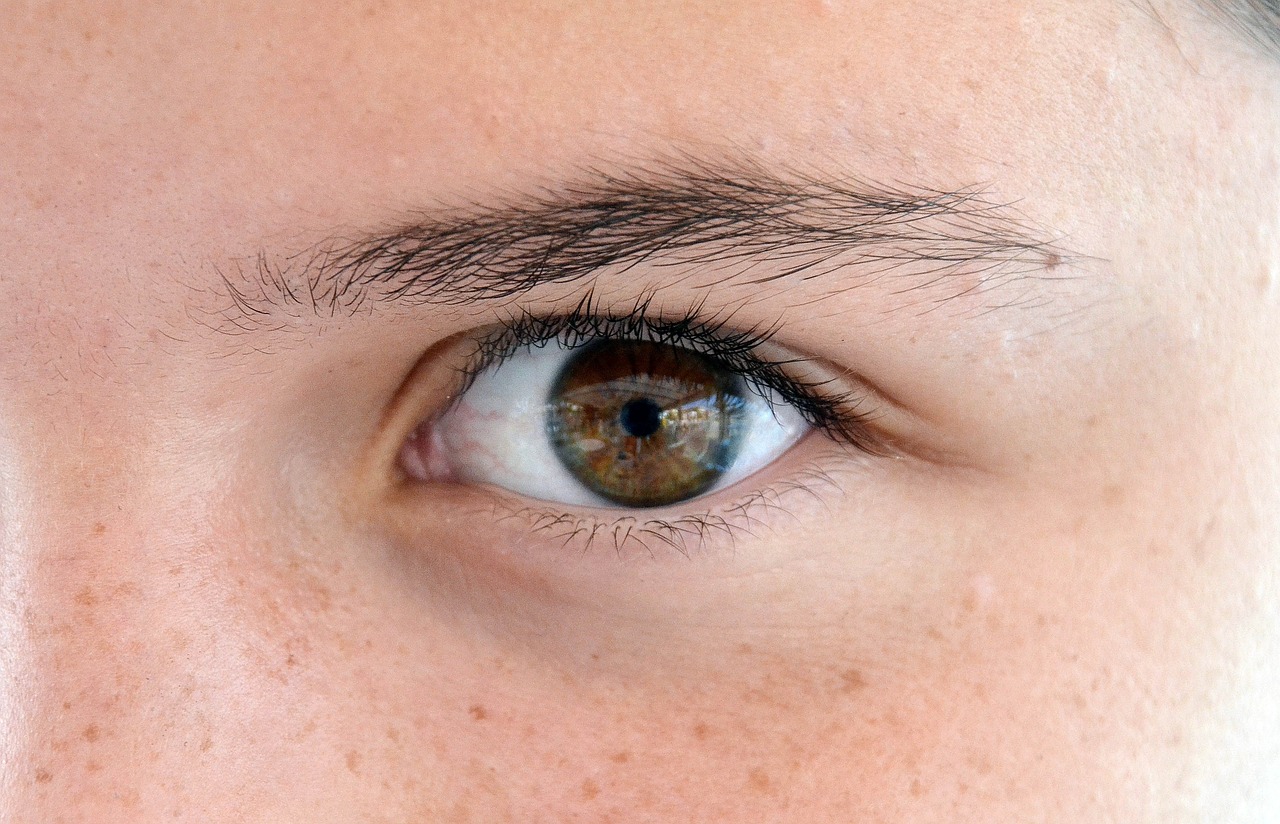Welcome back to my blog series on integrative mental health, highlighting holistic and alternative practices which complement traditional talk therapy. Today I have the pleasure of interviewing Kara Falck, LCSW-C, LICSW, a Clinical Social Worker in private practice in Takoma Park, Maryland who is opening an office soon in the Baltimore area as well. Kara uses Sensorimotor Psychotherapy in her practice and she has agreed to answer my questions.
Sensorimotor Psychotherapy is a somatic, or body-based, method which is said to be beneficial for survivors of traumatic experiences, especially if the experiences occurred at early developmental stages. This article provides more information about the history of the model. You can read a more detailed article on the Sensorimotor Psychotherapy Institute's website here which was originally published in the journal Trauma. I appreciate Kara sharing information about her work. Hopefully you will learn something new about this method!
Tell me about your work. What is Sensorimotor Psychotherapy?
My approach to therapy is to help people learn to regulate their thoughts, emotions, and behaviors and to connect with others in more functional ways. I use sensorimotor psychotherapy to help clients achieve their goals. Sensorimotor psychotherapy is an intervention that’s informed by cognitive-behavioral and psychodynamic psychotherapies, attachment theory, and neuroscience, and that’s effective for the treatment of trauma and relational issues. It looks to the body as a primary source of information about current psychological functioning. It’s a collaborative approach that uses mindfulness to help clients regulate the bodies’ responses to the environment, which improves clients’ ability to regulate feelings, thoughts, and beliefs.
What benefits does Sensorimotor Psychotherapy offer? Who is a good candidate for Sensorimotor Psychotherapy? Who should not participate in Sensorimotor Psychotherapy?
Sensorimotor psychotherapy can be helpful for clients who’ve experienced traumas ranging from violence and abuse to accidents to relationship issues. A major benefit of this treatment is that it starts where the client is and is a collaborative process in which safety is of utmost importance. Sensorimotor psychotherapy first helps clients learn to manage and calm internal sensations. Clients learn to tolerate more and more of their internal experience at their own pace.
Sensorimotor psychotherapy can be helpful for clients who have had a wide range of life experiences and who are at varying levels of functioning. This treatment teaches mindfulness as a primary skill that’s used throughout the process. Psychoeducation about the interaction of brain and body is provided in ways that clients can understand.
Clients with an alcohol or substance use disorder or a psychotic disorder should seek treatment prior to beginning sensorimotor psychotherapy and should remain compliant with these courses of treatment.
Many people who come to me for therapy services are affected by trauma, anxiety and depression. How does Sensorimotor Psychotherapy help people with these issues?
Sensorimotor psychotherapy was originally developed for the treatment of trauma. It teaches clients about their innate survival defenses and helps clients learn to feel better.
Learning to be aware of internal experience, and then to tolerate and manage internal experience, is the first step in processing traumatic material and is the most important phase of treatment. Clients who don’t know how to calm and soothe themselves are at risk for becoming dysregulated when traumatic material comes up. Sensorimotor psychotherapy teaches clients who’ve experienced trauma how to be mindfully aware of present-moment experience and how to study this experience non-judgmentally, which has regulating effects on the nervous system.
In the same way, learning to manage the physical symptoms of anxiety and depression is the first step in challenging unproductive worry, errors in thinking, and negative core beliefs. When the body is in a state of panic or if we are numb with hopelessness, we can’t access the parts of our brain that are responsible for logic and reasoning. Clients learn to regulate the body first, so they can engage in positive, self-supportive thinking.
Similarly, when we experience the physical and emotional symptoms of anxiety and depression, we often attack logical thinking like an unwelcome visitor - “How can I believe I’m safe at this party if I feel fear and if my body’s telling me to run?” “How can I believe I’m a worthy person if I feel hopeless and my body is telling me to give up?” Sensorimotor psychotherapy is a body-oriented treatment that teaches clients the difference between body experience, emotions, and thoughts, and that helps clients interrupt the cycle of anxiety and depression.
And of course, the goal of sensorimotor psychotherapy is not only to help clients learn to reduce symptoms and tolerate distress, but to help clients increase their ability to experience more pleasure in their lives.
Kara Falck, LCSW-C, LICSW is a licensed clinical Social Worker in private practice. She works with adults, couples, and adolescents and children and their families to help people cultivate safer and more satisfying relationships with themselves and with others. She typically works with issues such as anxiety, trauma and PTSD, depression, relationship issues, body image, parenting support, and LGBT. She currently has an office in Takoma Park, Maryland, and an office in Baltimore is coming soon! She can be reached by email at karafalckmsw@gmail.com or at www.karafalckmsw.com.
I'm so grateful to Kara for sharing information about this method, which I wanted to learn more about. If you are interested in finding a Sensorimotor Psychotherapy Practitioner, click here.
Please comment below if you have anything you would like to share about Sensorimotor Psychotherapy.
Sources:
Author unknown. (2003). What is sensorimotor psychotherapy? Retrieved from: http://www.pathoutofpain.com.au/hakomi/html/somatics.html
Sensorimotor psychotherapy institute. (n.d.). About sensorimotor psychotherapy institute. Retrieved from: https://www.sensorimotorpsychotherapy.org/about.html
Sensorimotor psychotherapy institute. (n.d.). Welcome to the sensorimotor psychotherapy referral list. http://www.sensorimotorpsychotherapy.org/referral.html


